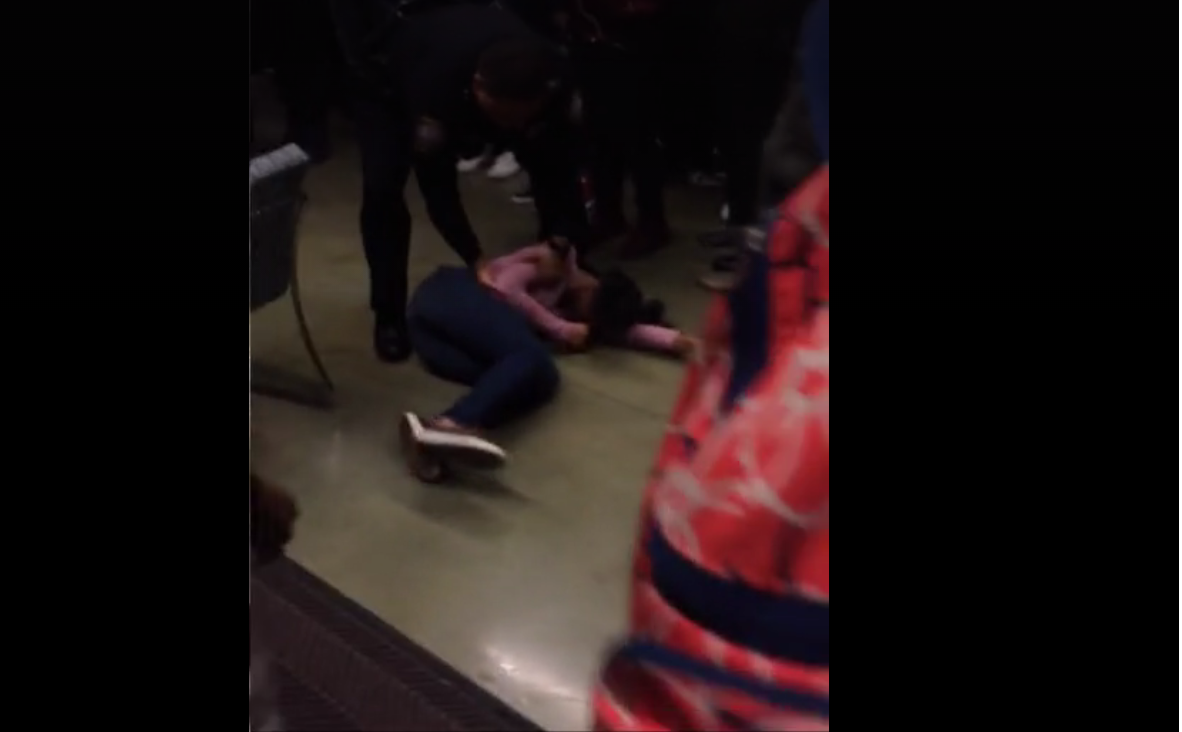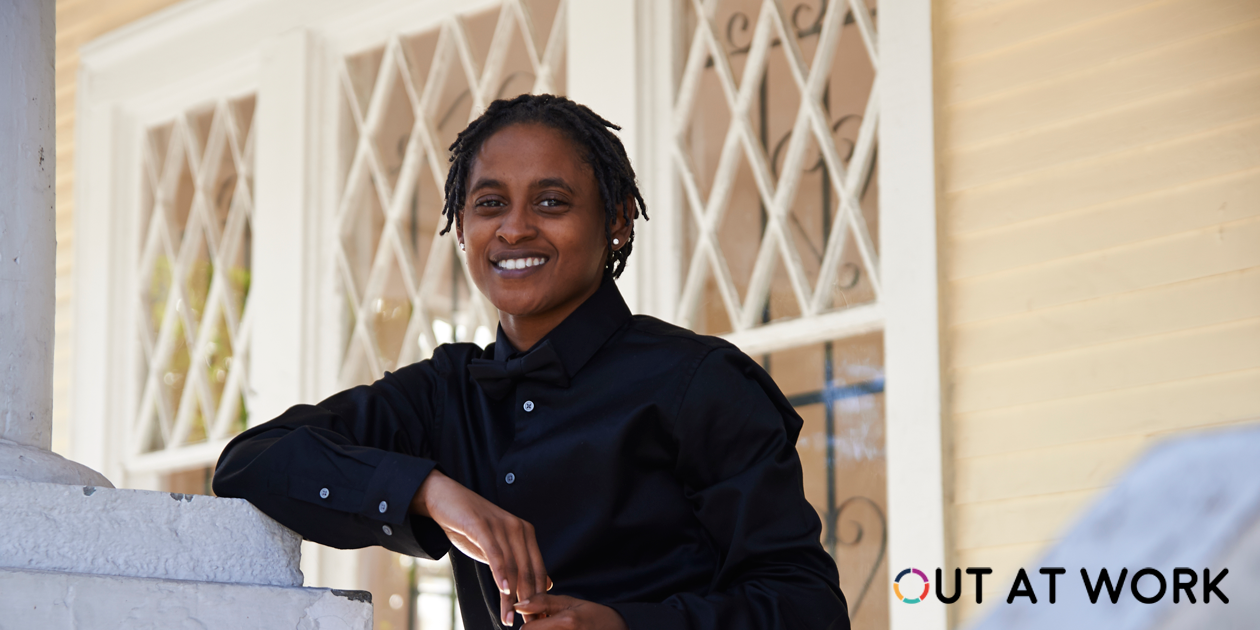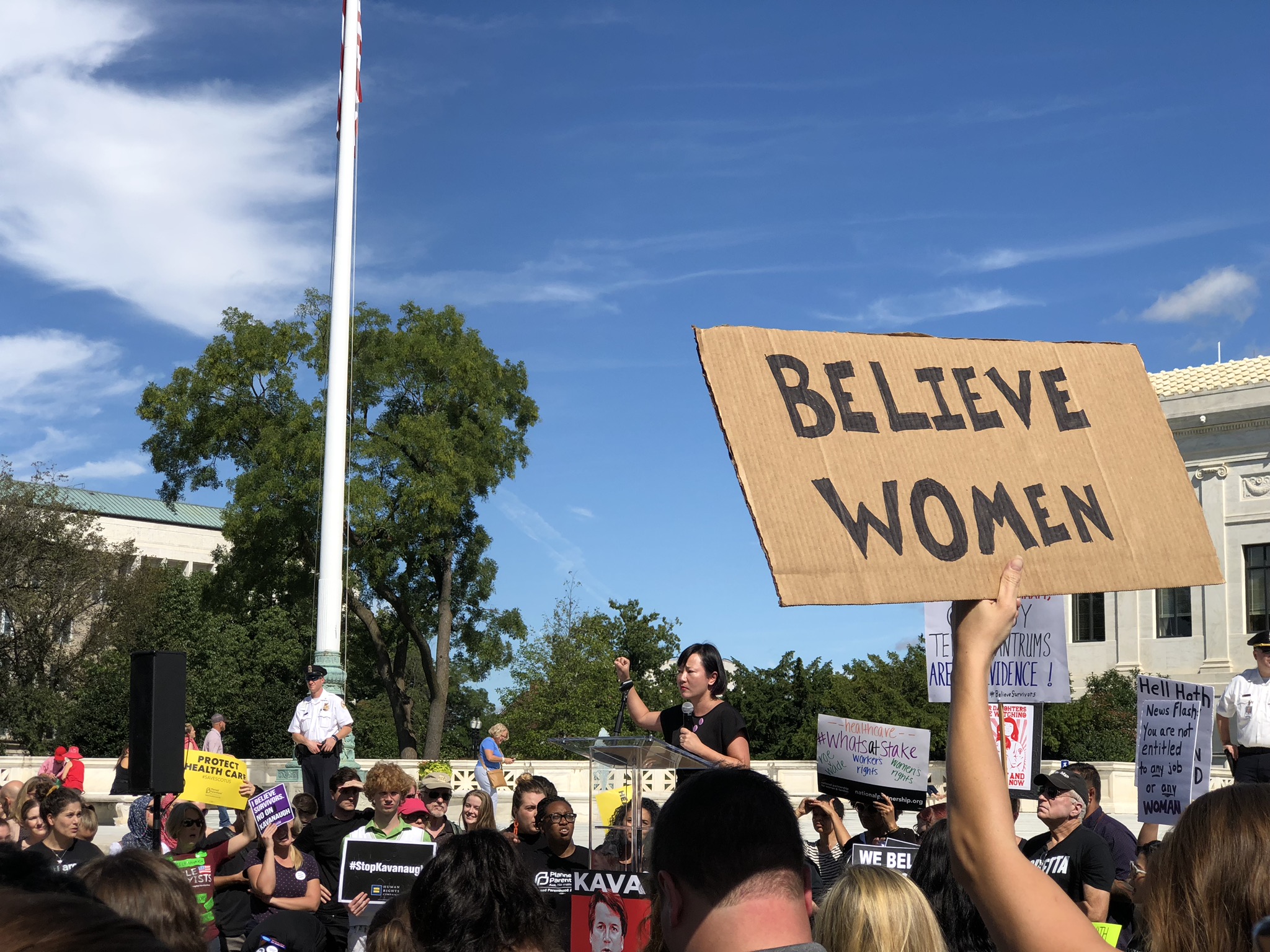Abortion rights, women of color, and LGBTQIA+ people are under attack. Pledge to join us in fighting for gender justice.
Black Women Built That: Fannie Lou Hamer and Loretta Lynch
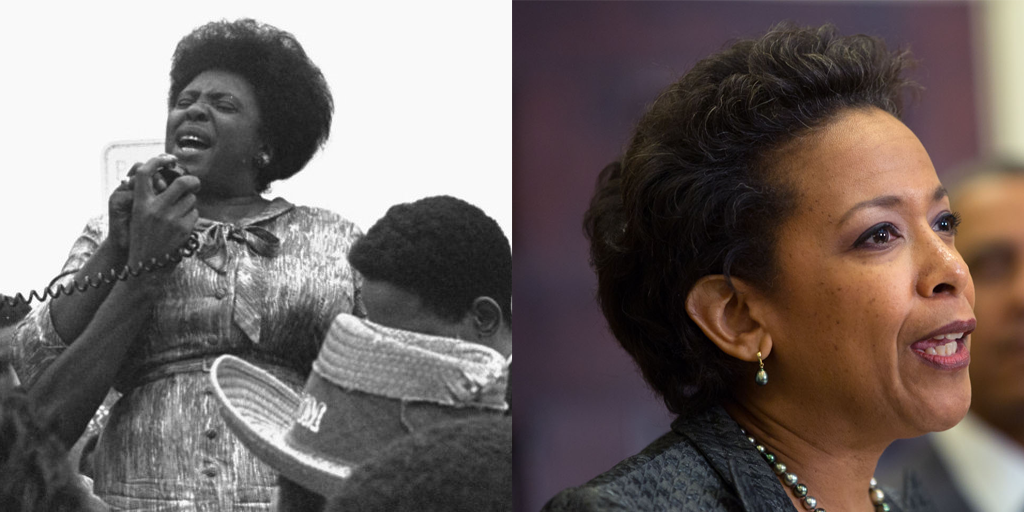
In honor of Black History Month, “Black Women Built That” is a series celebrating Black women leaders who have shaped our social, political and cultural life. Without their contributions, our country would be unrecognizable.
“I’m sick and tired of being sick and tired.”
I’ve heard these words my entire life—they have been periodically echoed by older family members, laced in Black movies and televisions specials, and have even made their way into the occasional sermon. It wasn’t until I sat in my History of Civil Rights course that I learned Fannie Lou Hamer was the person who coined the phrase that has been an accurate and unfortunately timeless sentiment of Black Women and our struggle for freedom in this country.
A significant part of this struggle has been gaining, expanding, and protecting the right to vote. Voting is the cornerstone of our democracy upon which everything, including our civil liberties, depends. But restricting access to voting has been a tool used to deny people of full citizenship since this country was founded.
Black women have been instrumental in creating the framework for every effort to expand voting rights in this country and in doing so, have created a blueprint of what it looks like to fight for and win the liberties we all deserve. Black women such as Hamer used direct action, story-telling, and community organizing to expand the right to vote. And today, Black women like Loretta Lynch continue to use those tools, as well as litigation, to protect that right.
Fannie Lou Hamer
Leader, organizer, and instigator
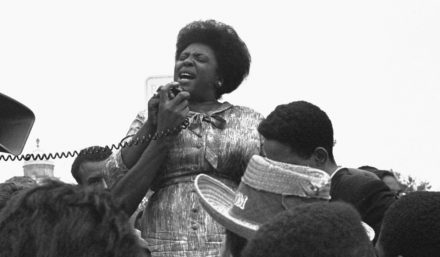
Fannie Lou Hamer was a women’s rights activist, voting rights activist, and community organizer. She was raised in rural Mississippi where she and her family worked as sharecroppers. In her quest to register to vote, she lost her job, endured countless threats, and was brutalized at the orders of the police while in custody at the Winona county jail.
Once she was finally registered and able to vote, Hamer founded, along with other organizers, the Mississippi Freedom Democratic Party (MFDP) to register African Americans to vote and challenge the all-white Democratic delegation from Mississippi. In 1964, she ran for Congress and, along with the MFDP, traveled to Atlantic City to demand a Mississippi delegate seat at the Democratic National Convention. Against the wishes of President Lyndon Johnson, Hamer testified before the convention’s Credentials Committee, capturing national attention. During her testimony, Hamer detailed the brutal attack she endured in Winona jail, along with other barriers Black folks in the South were facing in order to vote. Her speech encouraged other Black folks to register to vote and brought much needed attention to the disenfranchisement that was taking place in the South.
Thanks to the efforts of Fannie Lou Hamer, the Mississippi Freedom Democratic Party, and countless others who raised the importance of voting rights for all—not just a privileged few, Lyndon B Johnson signed the Voting Rights Act (VRA) into law the following year. The VRA declared that no person should be denied the right to vote on account of color or race and outlawed discriminatory registration practices such as literacy test, which led to 250,000 Black folks registering to vote by the end of 1965.
This principle—that we should be dismantling barriers to voting, rather than erecting them—was largely upheld by Congress and the Supreme Court for decades. But in 2013, in Shelby County v Holder, the Supreme Court struck down the VRA’s preclearance system. The preclearance system required states and municipalities with a history of discrimination to seek federal approval for changes in voting procedures. This decision limited the legal resources the Department of Justice could use to challenge discriminatory voting laws. And the impact was severe. Dozens of states ushered in new barriers to voting. Efforts to suppress voters proliferated—including the introduction of voter ID laws, voter intimidation, over policing and closing of polling locations– they all have a disproportionate impact on people of color, seniors, young people, and low-income communities. Without the Voting Rights Act provision that required the Department of Justice to block these voter suppression efforts, it looked like the right to vote would—yet again—become a privilege based on your identity or status.
Enter: Loretta Lynch.
Loretta Lynch
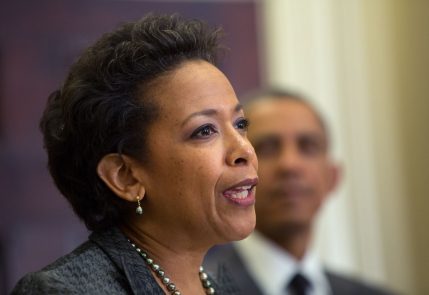
(Official White House Photo by Pete Souza)
Lawyer, advocate, and scholar
While the Shelby decision dismantled the state preclearance system, it did not affect the Department of Justice’s ability to intervene on behalf of citizens experiencing discriminatory voting laws and policies. And that’s just what Loretta Lynch did.
In 2015, Loretta Lynch, a North Carolina native, was sworn in as the 83rd United States Attorney General, becoming the first Black Woman to hold the office. While in office, Lynch led the DOJ to challenge state voting laws that disproportionately impacted marginalized communities. And she succeeded. Her work led to a federal appeals court blocking a Texas voter identification law that disenfranchised hundreds of thousands of voters. The appeals courts ruled that the voter ID law would have a discriminatory effect on people of color. In North Carolina, a federal appeals court struck down voting restrictions, concluding they “target African-Americans with almost surgical precision.” Both of these instances were major victories for voting rights. She set the stage for all current and future voting rights advocacy, but she acknowledged the fight continues, stating “The right to vote is fundamental to our democracy, and the Shelby County decision significantly weakened the federal government’s ability to prevent unlawful attempts to disenfranchise, harass, and intimidate American citizens as they attempt to exercise their most basic right as Americans.”
From Black women organizing to turn out the vote, to Black women running for and winning elections across the nation, we are shifting the political landscape. The root of this shift is the right to access the right to vote. Voting rights are central to Black folks holding political power, and Black women have always fought to ensure that power is protected. The Southern grassroots efforts lead by Black Women like Hamer continue to inspire us to speak truth to power while the advocacy efforts we witnessed from current leaders like Lynch remind us of the fight ahead. While we are all sick and tired of being sick and tired, each victory lead by Black women brings us another boost of energy as we continue to march toward justice.


